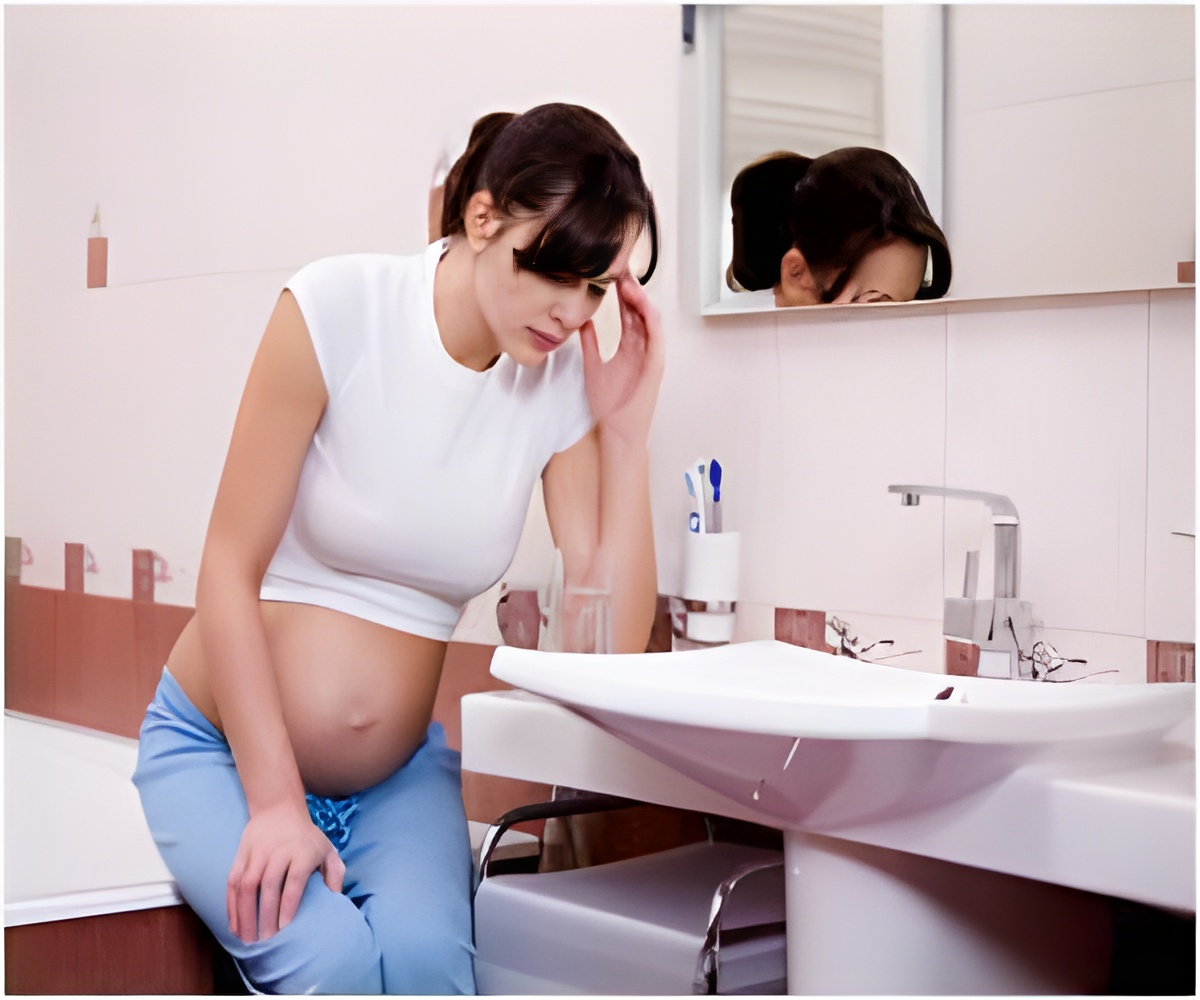Does history of headaches have anything do to with an increased risk of premature placental detachment? A new study probes to find out the correlation.

Migraine, a common and severe debilitating headache and placental abruption share several pathophysiological characteristics. Dr. Sixto Sanchez from University hospital of San Martin in Peru and colleagues assessed the risk of placental abruption in relation to maternal history of migraine, before and during pregnancy in Peruvian women.
The study enrolled cases of 375 women with pregnancies complicated by placental abruption, and controls of 368 women without any abruption. For the study, women were asked if they had any physician-diagnosed migraine. After that the subject’s headaches and migraine were classified according to a criteria established by the International Headache Society. To calculate odds ratios (aOR) and 95% confidence intervals (CI) logistic regression procedures were used to adjusted for confounders.
Research reports reveal that history of headache or migraine was associated with an increased risk of placental abruption (aOR = 1.60; 95% CI 1.16–2.20). A lifetime history of migraine was associated with a 2.14-fold increased odds of placental abruption (aOR = 2.14; 95% CI 1.22–3.75). The odds of placental abruption was 2.11 (95% CI 1.00–4.45) for migraine without aura; and 1.59 (95% 0.70–3.62) for migraine with aura.
Study authors concluded, “Study adds placental abruption to a growing list of pregnancy complications associated with maternal headache/migraine disorders.” Nevertheless, authors also feel the need for more prospective cohort studies for rigorous evaluation to investigate the extent to which migraines and/or its treatments are associated with the occurrence of placental abruption. They suggest that ‘Preconception counseling, important for women with any medical conditions including migraine, may provide opportunities for optimizing control of migraine symptoms with the lowest effective doses of the lowest number of medications; or if appropriate, with non-pharmacological treatment including biofeedback-assisted relaxation, hydration, improved sleep hygiene and reductions in occupational and home activities’.
Reference Article http://www.medscape.com/viewarticle/733144_2















